Starting a business is like setting sail on uncharted waters. There’s excitement, risk, and a need for strong navigation tools, one of the most important being tax planning. For start-ups, tax planning isn’t just about filing returns; it’s about creating a solid financial strategy that supports growth, avoids unnecessary expenses, and keeps you compliant from day one. This article explores the importance of tailored tax planning for start-ups and how personalized strategies can significantly impact a young company’s financial health and success.
Understanding Tailored Tax Planning
Tax planning isn’t a one-size-fits-all approach. Just like no two businesses are the same, tax strategies must be customized to meet the specific needs, goals, and financial circumstances of each individual or company. This is what we call tailored tax planning: a strategic and personalized method of managing your tax responsibilities while optimizing savings and ensuring long-term financial health.
What Is Tailored Tax Planning?
Tailored tax planning involves creating a custom strategy that aligns with your specific financial profile, business structure, income streams, and long-term goals. It goes beyond basic tax compliance and focuses on legally minimizing your tax liability while taking full advantage of deductions, credits, and timing strategies.
In short, it’s about making the tax system work in your favour.
Generic tax advice may help you stay compliant, but it rarely maximizes your potential savings or aligns with your future plans. For example:
- A freelancer has different tax concerns than a tech start-up.
- A family-owned business planning for succession requires a different strategy than a VC-backed company planning to exit.
- An investor with real estate holdings will benefit from entirely different deductions and timing strategies than a salaried employee.
Tailored tax planning ensures that the right approach is taken based on your exact needs.
Key Elements of a Tailored Tax Plan
- Business Structure Optimization: Your legal entity (e.g., LLC, S-Corp, C-Corp) directly affects your tax rates, deduction eligibility, and liability. Choosing or adjusting your structure can bring major savings.
- Income and Expense Timing: Timing income and expenses strategically can help reduce your taxable income. For instance, deferring income or accelerating expenses at year-end can lower your tax bill.
- Use of Credits and Deductions: Tailored tax planning identifies which credits and deductions apply to you. Examples include: R&D credits for tech companies, Depreciation for equipment-heavy businesses, Home office deductions for remote entrepreneurs.
- Investment and Retirement Planning: Planning how and when to withdraw funds or invest in retirement accounts can provide significant tax deferral or reductions.
- Long-Term Exit or Succession Strategies: A personalized plan accounts for how you intend to transition or exit your business, minimizing capital gains or estate taxes along the way.
Benefits of Tailored Tax Planning
Tailored tax planning is a proactive, customized approach to managing your taxes based on your unique financial situation, goals, and business structure. Unlike generic tax strategies that offer basic compliance, tailored tax planning digs deeper, helping you keep more of your money, avoid pitfalls, and plan ahead with confidence.
Below are the key benefits of tailored tax planning for individuals and businesses:
1. Maximize Tax Savings
Tailored tax planning helps identify specific deductions, credits, and strategies that apply to your situation. This means:
- You’re not leaving money on the table.
- You can legally reduce your tax liability.
- You benefit from industry-specific tax breaks (e.g., R&D credit for tech start-ups or depreciation for real estate investors).
Custom strategies ensure you’re claiming everything you’re entitled to without overpaying.
2. Improved Cash Flow
By planning when and how taxes are paid, you can improve your business or personal cash flow throughout the year. Examples include:
- Timing income and expenses to your advantage.
- Avoiding large surprise bills at tax time.
- Spreading out tax payments through quarterly estimates.
More predictable cash flow helps with budgeting, reinvestment, and overall financial health.
3. Compliance and Risk Reduction
Tax laws are constantly changing. Tailored planning ensures you’re:
- Up to date with current tax codes and regulations.
- Filing the right forms on time (and in the right way).
- Less likely to trigger audits, penalties, or interest from errors or missed filings.
Having a strategy that’s built for your specific case minimizes compliance risks.
4. Aligned with Long-Term Goals
A good tax plan doesn’t just look at the current year; it supports your bigger financial vision. Tailored tax planning allows you to:
- Prepare for major events like business exits, investments, or retirement.
- Reduce future tax burdens through long-term strategies (e.g., estate planning or capital gains planning).
- Build a financial structure that grows with you.
It’s about creating a plan today that benefits you tomorrow.
5. Smarter Business Decisions
With a tax plan in place, you’ll be more confident when making key decisions, such as:
- When to invest in equipment or hire employees.
- How to structure compensation and equity.
- Whether to expand, sell, or reinvest profits.
Better tax insight leads to smarter, data-backed business choices.
6. Efficient Use of Legal Entities
Tailored planning can guide you in choosing or changing your legal structure to get the most tax advantages:
- Converting from an LLC to an S-Corp to save on self-employment tax.
- Using multiple entities for asset protection and tax separation.
- Structuring ownership to support succession or investment.
Choosing the right entity is foundational to every other tax decision you’ll make.
7. Peace of Mind
Finally, having a tax strategy built specifically for you reduces stress. You’re not guessing or hoping you’re doing it right, you know you’re in good hands.
- No last-minute scrambling during tax season.
- No fear of IRS surprises.
- Full confidence that you’re optimizing your financial outcomes.
Who Needs Tailored Tax Planning?
While it’s beneficial for everyone, tailored tax planning is especially important for:
- Business owners and start-ups
- Freelancers and consultants
- High-net-worth individuals
- Real estate investors
- People with multiple income streams
If your financial situation is even slightly complex, a tailored plan can save you thousands and provide peace of mind.
How to Get Started
Work with a Tax Professional: A CPA or tax advisor with experience in your industry can build a custom strategy for you.
Organize Your Financial Information: Good record-keeping is essential. Start tracking income, expenses, and receipts if you haven’t already.
Review and Adjust Annually: Your financial life changes—so should your tax plan. Review it regularly to stay aligned with your goals and new regulations.
Final Thoughts
Tailored tax planning is a powerful tool that helps you save more, grow smarter, and avoid unnecessary financial risk. Whether you’re a solo entrepreneur or a scaling start-up, personalized tax strategies can unlock opportunities you didn’t even know existed.
Ready to take control of your taxes?
We highly recommend partnering with the experts at Tax Prep, LLC– a trusted firm that specializes in tailored tax planning for businesses and entrepreneurs. Their team understands the complexities of growing a business and helps craft strategies that align with your goals.
Visit https://bocataxprep.com to learn more and book a consultation.
This article appeared first on https://bocataxprep.com


